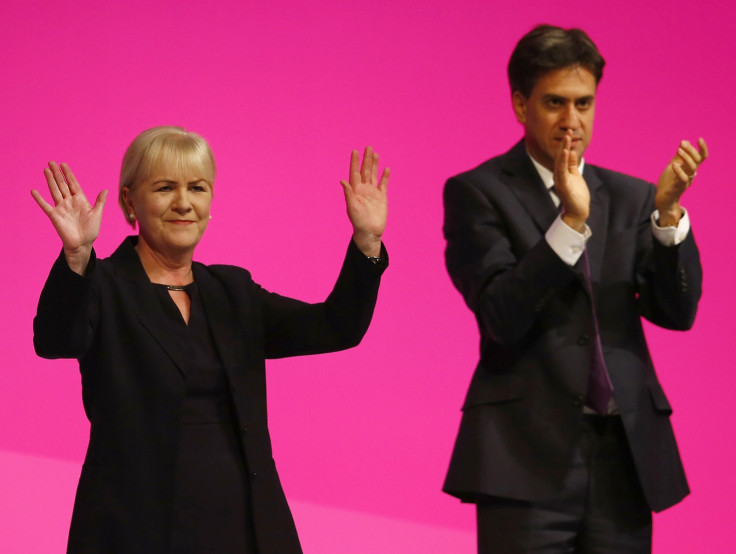Ed Miliband Faces Challenge to Find New Scottish Labour Leader

Ed Miliband travels to Scotland later this week for an annual party bash that has all the hallmarks of turning into a bitter family bust-up.
The yearly gala dinner comes just days after the full extent of the rift between the party and its London "boss" were dramatically exposed after Scottish leader Johann Lamont quit, branding Miliband a "dinosaur" who treated the party as a branch office of London.
The contest is now on to replace her by the middle of next month with MPs, MSPs and MEPs all eyeing the job and Gordon Brown's name being bandied about, despite reliable indications he is not interested.
And if the party gets this one wrong, fails to heal the rifts and becomes distracted from the fight against the SNP, it will seriously undermine its chances of winning the next general election when it will rely on its Scottish MPs to push it over the finishing line.
The London-based leadership is pulling the party's strings in Scotland, and Labour campaigning side-by-side the Tories in the referendum has proved a deeply corrosive combination which is causing Labour support to plummet in Scotland
The row, which threatens to hit Miliband at the dinner, will see demands for the London office to keep its hands off the Scottish party and warnings that to choose a big Westminster name to lead the party - such as MPs Brown, Jim Murphy or Douglas Alexander - would be seen as yet another snub and would badly backfire.
But interim leader and the current favourite for the job, Anas Sarwar, has also indicated he is not going to stand, leading to claims the party will indeed turn to a Westminster figure.
Yet Miliband knows he needs a big hitter to revive the party's fortunes in Scotland and win back the thousands of supporters who have defected to the SNP and who could easily deny him election victory next year.
The SNP's Stewart Maxwell summed up the situation, telling the BBC: "The London-based leadership is pulling the party's strings in Scotland, and Labour campaigning side-by-side the Tories in the referendum has proved a deeply corrosive combination which is causing Labour support to plummet in Scotland."
The crisis in Scottish Labour can probably be tracked back to devolution in 1999 amid optimistic hopes by then prime minister Tony Blair that it would stop the rise of the nationalists in its tracks.
That was a short-lived hope. Labour's dominant position in Scotland saw it increasingly viewed as the establishment, while the SNP were the insurgents challenging the established order.
When the SNP went on to electoral success in 2007 Labour appeared to have no strategy to deal with it. And that led to the crisis in 2011 when Alex Salmond won an outright majority in Holyrood.
Since then there has been occasional bad blood between the Scottish party and the leader's office amid claims Miliband had no idea what was going on in the country but continued to over-rule Lamont on key issues.

Then came the independence referendum when the sight of Ed Miliband lining up alongside David Cameron was too much for many traditional Labour supporters to stomach. They jumped ship in their tens of thousands and, it appears, have no intention of returning.
Currently Labour has 41 Scottish MPs in the Commons compared to the Tories' one. It is one of the main reasons Cameron is so eager to used "English votes for English laws" to stop them voting in Westminster.
That would massively damage Labour's chances of forming a majority government in future, as would any significant defections by voters to the SNP next May.
What Labour desperately needs for the 2015 election is a strong, united and forward-looking party capable of taking on the SNP and with a clear strategy for doing so.
At the moment, though, it appears more likely to dive into weeks of in-fighting and recriminations.
© Copyright IBTimes 2025. All rights reserved.






















